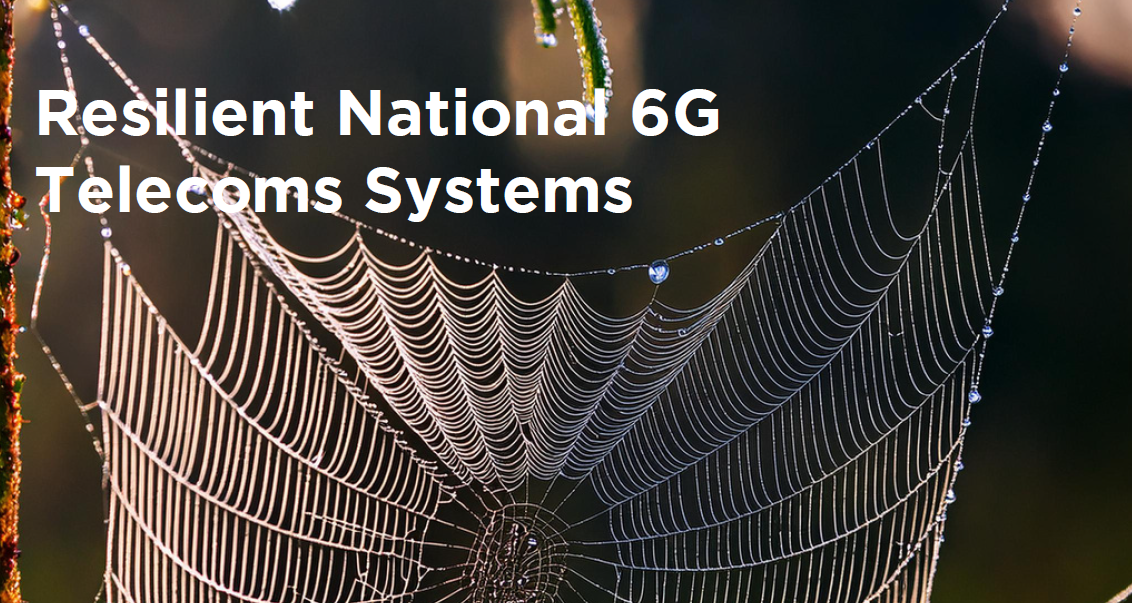The role of communications technologies for national security is hard to overstate, as platforms not just for communicating person-to-person but to enable cyber-physical systems, information and financial movements.
Having said that, up until now the role of government in mandating how it works has been limited. In 6G, however, governments around the world have required that 6G follows a set of principles including security, resilience and privacy preservation. While telcos have been built for reliability – the ability to withstand stresses – a national requirement for resilience is very different – not just reliability, but the ability to recover from and minimise any stresses which can’t be resisted. From an individual network perspective there is a business case for resilience, but on a national level arguably an individual network could fail so long as traffic can flow through other channels. So there are some quite different incentives and concepts at play.
At 6GSymposium recently a group of around 20 experts from government, academia and industry met under Chatham House Rules to explore how we should understand resilience in this context, what it may or should involve, what the gaps are and what the next steps towards a nationally resilient telecoms sector should be. The discussion addressed a wide range of topics; some expected, others striking and potentially game-changing.
You can access a summary report of the discussion here: Report: Resilient National 6G Telecoms Systems – Welcome to 6GWorld







